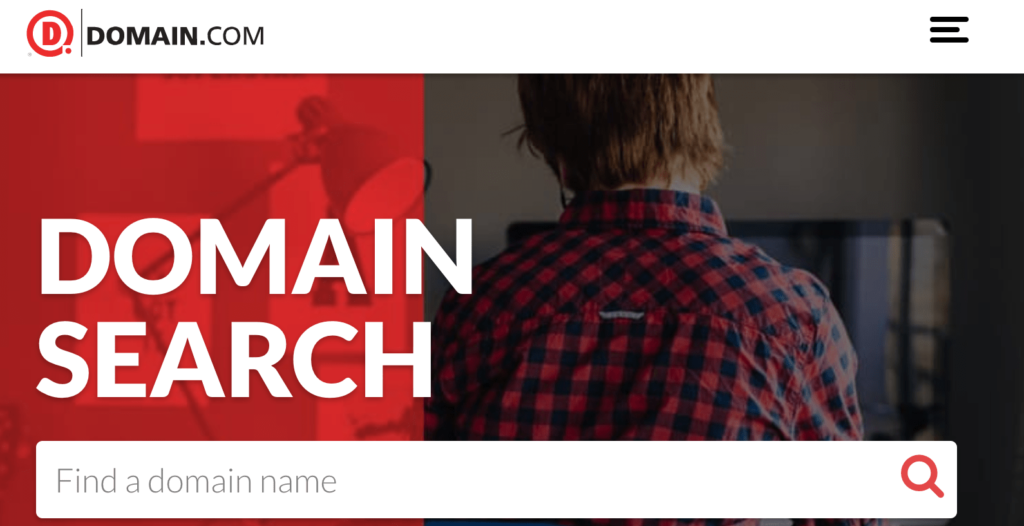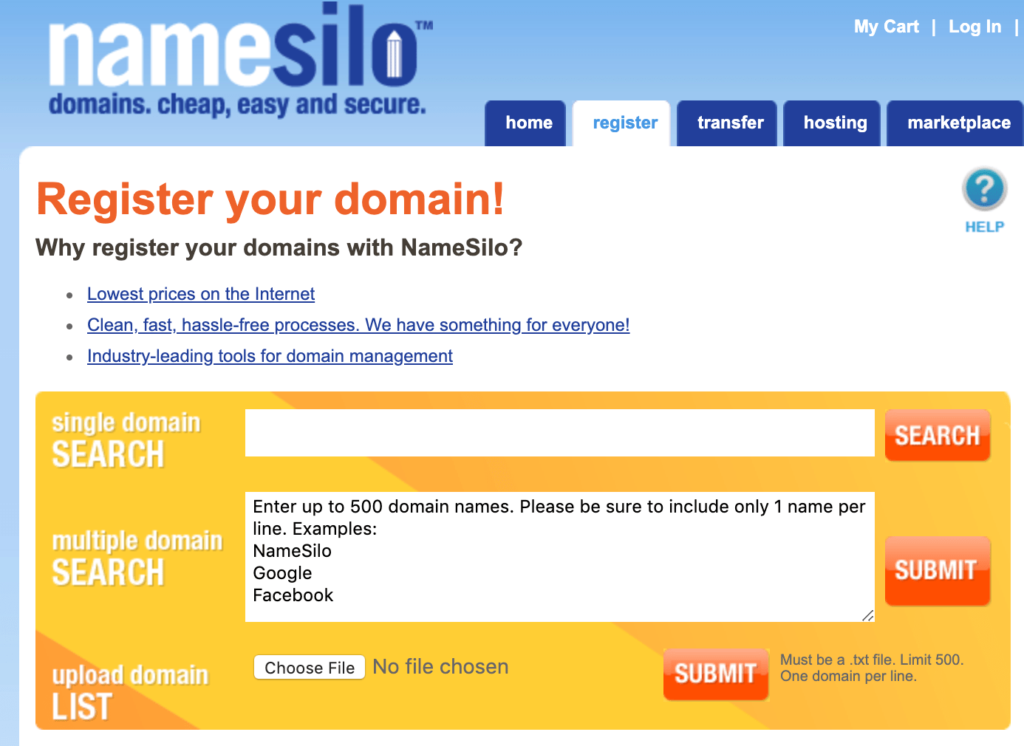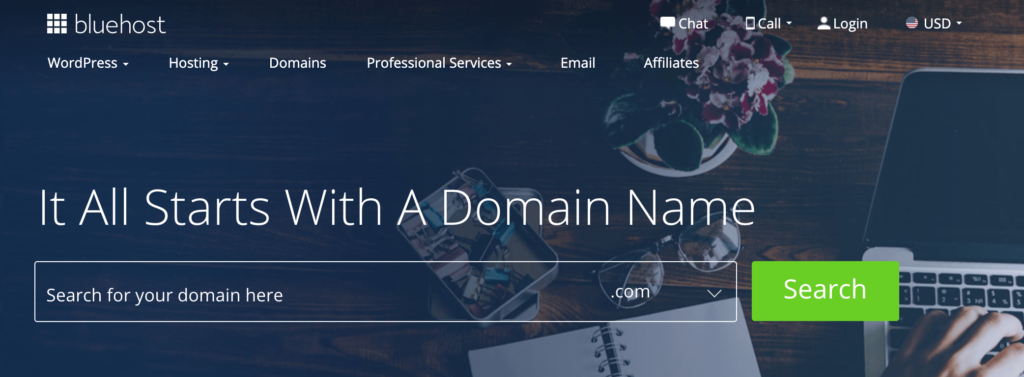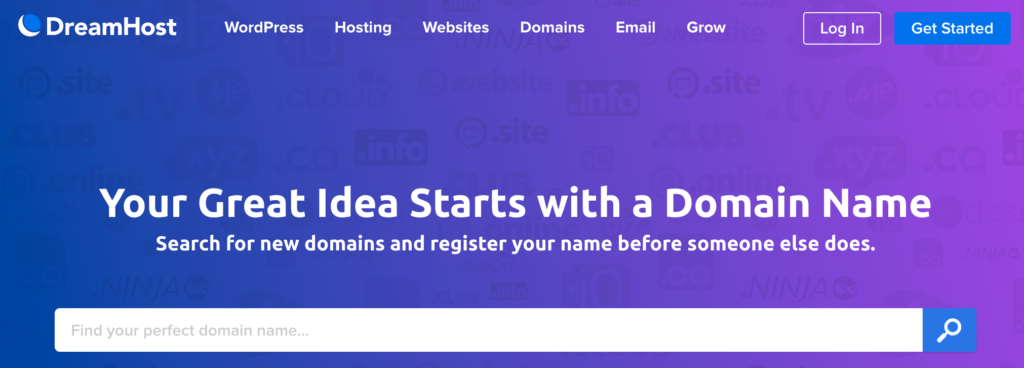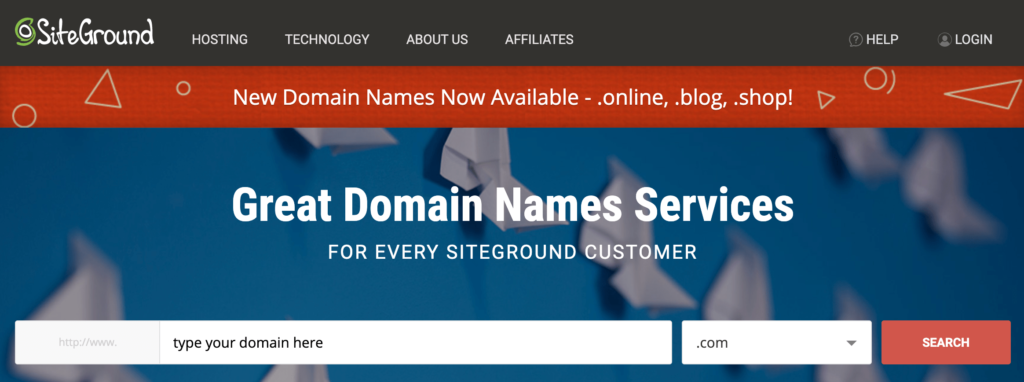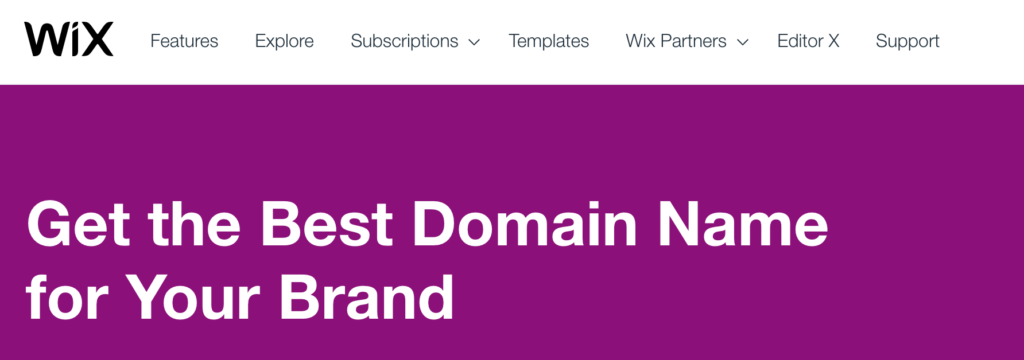Getting a business credit card is one of the first things you should do when launching a startup.
In most cases, this credit card will be the primary method of paying company expenses. From daily purchases like ink or paper to flights, hotels, and your phone subscription, charging a credit card is your best option.
That’s because the best business credit cards offer exceptional benefits like cash back, rewards points, and travel miles.
Some company credit cards can provide purchase insurance as well as supplementary coverage for car rentals. You can even use a low-interest credit card to finance purchases if struggling to qualify for a small business loan.
With so many business credit cards to choose from, it can be tough to find the best option for your startup, which is what inspired me to create this guide.
The 8 Best Credit Cards For Startups in 2020
In a market flooded with hundreds of business credit cards, there are eight that I would recommend for startup companies.
- Chase Ink Business Cash
- Chase Ink Business Unlimited
- Capital One Spark Cash Select
- Capital One Spark Miles
- Capital One Spark Classic
- American Express Blue Business Plus
- American Express Blue Business Cash
- US Bank Business Platinum
I’ll highlight the top benefits, introductory offers, costs, and notable terms for each one as we continue below.
Best Startup Business Credit Card Reviews
Chase Ink Business Cash
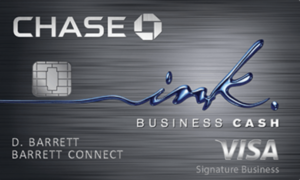
Chase Ink Business Cash is the best overall credit card for startup companies. It has exceptional rewards, benefits, and an enticing sign up bonus.
- No annual fee
- $500 sign up bonus after spending $3,000 in first the three months
I like the Chase Ink Business Cash card because of the way its reward program is structured. You’ll get the most cash back for common startup expenses.
Chase gives you 5% cash back each year on office supplies, internet, phone services, and cable on the first $25,000 spent in those categories. You’ll also get 2% cash back at gas stations and restaurants on the first $25,000 in combined spending each year.
All other purchases earn 1% cash back with no limit.
Additional features and benefits of the Chase Ink Business Cash card include:
- Fraud protection
- Free employee cards with individual spending limits
- Travel and emergency assistance services
- Extended warranty protection
- Zero liability for unauthorized charges
- Purchase protection (covers new purchases against theft or damage for 120 days)
- Auto rental collision waiver
Between these benefits, the cash back program, sign up bonus, and no annual fee, Chase Ink Business Cash should be a top consideration for any startup company.
Chase Ink Business Unlimited
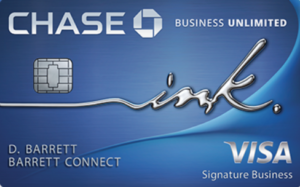
Chase Ink Business Unlimited is nearly identical to the Ink Business Cash card. The card offers the exact same benefits from fraud protection to the auto rental collision waiver in the bullet list above.
- No annual fee
- $500 sign up bonus after spending $3,000 in the first three months
While the benefits and card terms are the same between these two cards, the rewards structure is not.
Instead of offering various cash back percentages for different categories, Chase Ink Business Unlimited gives you 1.5% cash on everything. This is a better option for those of you who don’t want limitations or restrictions on the amount of cash back you can earn.
It all depends on the type of business you have.
For example, let’s say you’re planning to use a credit card to purchase things like inventory or other expenses that don’t fall into the Ink Business Cash rewards categories. In this scenario, Chase Ink Business Unlimited would be a better option for you.
Capital One Spark Cash Select
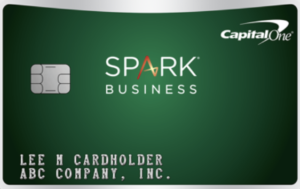
Capital One Spark Cash Select is another great option for earning cash rewards for all of your business expenses. The card offers unlimited 1.5% cash back on everything you buy.
- No annual fee
- $200 sign up bonus after spending $3,000 in the first three months
The card is very similar to the Chase Ink Business Unlimited credit card. Chase does offer a better sign up bonus ($200 vs. $500) for spending the same amount in three months.
With that said, the Capital One Spark Cash Select card has its fair share of benefits.
- Dedicated business customer support
- Fraud alerts
- Free employee cards
- Payment flexibility (pick your monthly due date)
- Transaction details
- Itemized year-end summary
- Download purchase records into formats for QuickBooks and Quicken
For startup company credit cards, I typically lean towards cards with no annual fee.
But if you want more than 1.5% cash back, consider applying for the Capital One Spark Cash card instead. This gives you unlimited 2% cash back, but comes with a $95 annual fee (waived the first year).
Startups charging less money on their cards will be fine with the Spark Cash Select card.
Capital One Spark Miles
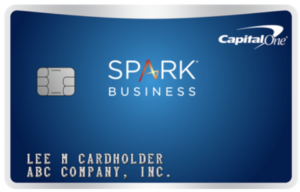
Some people would rather earn travel rewards instead of cash back. So if you’ll be traveling frequently for your startup company, Capital One Spark Miles is a top credit card to consider.
- $95 annual fee (waived the first year)
- 50,000 mile sign up bonus after spending $4,500 in first three months
As I mentioned earlier, I normally don’t recommend cards with annual fees to startup companies. But this one is easy to justify if you travel often.
50,000 miles is equal to $500 in travel. Considering that the annual fee is waived the first year, the sign up bonus alone makes up for the first six years using the card.
You’ll also earn unlimited 2x miles on all purchases. There are no blackout dates, seat restrictions, or minimums for redemption.
Other top benefits of the Capital One Spark Miles Card include:
- $100 credit for TSA PreCheck or Global Entry
- Earn 5x miles on hotels and car rentals booked through Capital One Travel
- $0 fraud liability
- No foreign transaction fees
- Card lock
If you’re launching a startup that requires lots of business travel, this is the best card for you.
Capital One Spark Classic
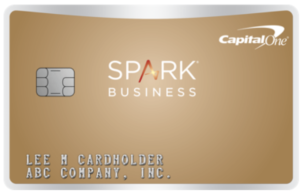
To qualify for the best business credit cards, you’ll need to have excellent credit. But that’s not reasonable for all small business owners.
If you have a low credit score but still want access to credit card rewards, the Capital One Spark Classic will be your best option.
- No annual fee
- Unlimited 1% cash back on all purchases
While the card doesn’t come with a sign up bonus or low interest rates, you’ll still have access to some of Capital One’s top card benefits.
- No foreign transaction fees
- Download purchase records to Quicken and QuickBooks formats
- Auto rental damage waiver
- Extended purchase protection (90 days for eligible items)
- Fraud coverage and alerts
- Free employee cards
Overall, this is a no-frills business credit card. But it’s a great way to build your credit by using the card responsibly. Plus, you’ll still get 1% cash back on everything.
I’d apply for the Capital One Spark Classic if you can’t get approved for other business credit cards.
American Express Blue Business Plus
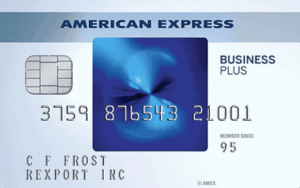
American Express has one of the best reputations in the credit card industry. For both personal credit cards and business credit cards, Amex is known for exceptional customer service.
If you’re launching a startup, your company should consider the American Express Blue Business Plus card as a top option.
The Amex Blue Business Plus card is great for those of you who want to earn rewards points, as opposed to cash back or travel miles.
You’ll get 2x membership rewards points on purchases in any category for your first $50,000 spent each year. After that, you can earn unlimited 1x points.
Amex gives you expanded buying power, with the ability to make business purchases above your spending limits without a penalty, although restrictions apply.
The card comes with account alerts, online statements, a detailed year-end summary, free employee cards, and one of the best business credit card mobile apps on the market today.
American Express customer service and dispute resolution are second to none. So if you prioritize great customer support, this card is perfect for you.
American Express Blue Business Cash
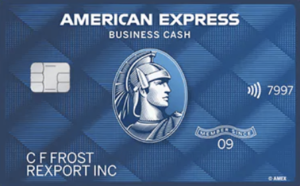
If you prefer cash back instead of reward points, consider applying for the American Express Blue Business Cash credit card.
The card terms are basically identical to the Amex Blue Business Plus card. The rewards structure is the biggest difference between the two cards.
With the Amex Blue Business Cash card, you can earn 2% cash back on your first $50,000 in purchases per year. After that, you’ll receive unlimited 1% cash back on everything else.
Other top benefits include:
- Expanded buying power
- Car rental loss and damage insurance
- Global hotline assistance
- Free employee cards
- Account manager access
- Amex Business mobile app
- Account alerts
- Vender pay via Bill.com
- Extended warranty protection for eligible purchases
- Purchase protection for eligible purchases
Overall, the American Express Blue Business Cash card is arguably the best free cash back business credit card on the market today.
US Bank Business Platinum
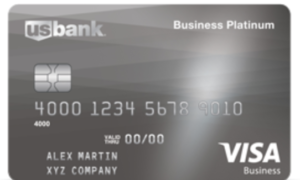
Sometimes a startup company needs to get creative with financing purchases. Certain small business loans have restrictions for what you can spend the funds on.
Credit card financing has become an alternative solution for small business owners. But to consider this, you’ll need to find a card with low-interest rates.
That’s when the US Bank Business Platinum card comes in handy.
The card definitely lacks quality rewards benefits. So I’d only consider it as an alternative financing method.
How to Choose the Best Credit Card For Your Startup Business
There are certain factors that must be taken into consideration when you’re evaluating business credit cards for your startup. This is the methodology that we used to come up with this guide.
Annual Fee
Most startup companies should look for credit cards with no annual fee. It’s crucial to save money everywhere possible when you’re first starting a business.
Seven of the eight cards on the list above are free. The only one you have to pay for is the Capital One Spark Miles card. But the fee is just $95 per year, waived in year one, and easy to justify for frequent travelers.
Exclusive business credit card fees can range above $500. While you may consider those down the road, I’d steer clear of them in the early stages of your business.
Interest Rates
You should always aim to pay your credit card balance in-full each month. But sometimes cash is tight for startups, so you might have to finance a few purchases.
Look for a credit card offering 0% APR for purchases in your first year. Aim to pay those off before you start incurring additional interest fees.
A low-interest credit card might have cheaper rates than certain business loans. So take that into consideration before making large purchases.
Credit Score
When launching a startup, your personal credit score will be used when you apply for a credit card. That’s because new businesses don’t have any credit records on file.
A high score will give you access to better cards with lower interest rates and top rewards.
However, not everyone falls into this category. If your credit score is below average, there are certain cards that you should be applying for instead. The Capital One Spark Classic is a great example.
Rewards
Credit card rewards usually come in one of the following three formats:
- Cash back
- Membership points
- Miles
I’d recommend cash back rewards cards for most startup companies. The cards on this list range from 1% to 5%. Some have restrictions on how much cash back you can earn, while others are unlimited for all purchases.
A rewards program with miles is ideal if you need to travel often for business purposes. Otherwise, cash back is just fine.
Benefits
Every credit card has a wide range of perks and benefits.
From a sign up bonus to purchase protection and fraud alerts, the list varies by card type and card company. You’ll just have to figure out which benefits are best for your spending habits.
For example, no foreign transaction fees and auto rental waiver insurance shouldn’t win you over if you never rent a car and don’t make purchases in foreign currencies.
Conclusion
Startup companies have unique needs compared to well-established businesses. There are certain credit cards that are ideal for newer small businesses.
Here’s a recap of the top eight that I’d recommend.
- Chase Ink Business Cash
- Chase Ink Business Unlimited
- Capital One Spark Cash Select
- Capital One Spark Miles
- Capital One Spark Classic
- American Express Blue Business Plus
- American Express Blue Business Cash
- US Bank Business Platinum
from Quick Sprout https://ift.tt/3cgYVOJ
via IFTTT
